8 Ways Plumbing Affects Water Heater Efficiency
Keeping your water heater running efficiently depends on far more than the appliance itself. The way your home’s plumbing is designed, installed, and maintained plays a powerful role in how much energy your water heater uses, how quickly it delivers hot water, and how long it lasts. When these systems work in harmony, homeowners enjoy better performance, lower bills, and fewer surprises. This article breaks down the major ways plumbing influences overall efficiency so you can make better decisions about upgrades, repairs, and long-term maintenance.
1. Improve Heat Retention Through Pipe Insulation
Insulating your hot water pipes is one of the simplest ways to reduce heat loss and support your water heater’s performance. When exposed pipes allow heat to escape, the system must work harder to maintain temperature, leading to wasted energy and strain. According to Today’s Homeowner, most water heaters last between eight and 20 years depending on the type, and insulation helps keep them within the upper end of that lifespan. Many homeowners rely on plumbing contractors to select the right insulation materials—like foam sleeves, fiberglass wrap, or rubber tubing—because each type performs differently depending on distance, temperature, and accessibility. Effective insulation cuts down on reheating cycles, speeds up hot water delivery, and creates long-term savings that outweigh the modest upfront investment.
2. Optimize Plumbing Layout for Faster Hot Water Delivery
The way your plumbing system is arranged greatly impacts how efficiently hot water travels from the heater to the faucet. A streamlined layout that keeps pipes short and direct ensures faster delivery times and minimal temperature loss. Poor layouts, on the other hand, can force water to travel long distances, leading to wasted water, higher utility bills, and added workload on the heater. Experienced plumbing contractors can redesign outdated systems or suggest strategic improvements, especially in older homes where pipes may have been installed without efficiency in mind. Whether homeowners consider centralized layouts, manifolds, or minor rerouting, the goal remains the same: reduce travel distance, improve temperature consistency, and take unnecessary pressure off the water heater.
3. Adjust Pipe Diameter and Pressure for Better Flow
Pipe diameter plays a surprisingly large role in how efficiently a water heater performs. Pipes that are too small restrict flow and slow down delivery, while oversized pipes allow heat to dissipate before reaching fixtures. Balancing these sizes is essential, especially in multi-story homes or those with high water demand. Water pressure also needs to be calibrated to prevent strain on the system; too much pressure increases wear, while too little causes slow, inconsistent hot water delivery. Plumbing contractors often install pressure-reducing valves or adjust diameter during renovations to achieve the right balance. When pressure and diameter work together properly, the water heater operates more smoothly, wastes less energy, and produces a far more comfortable user experience.
4. Choose Strategic Water Heater Placement
Where your water heater is located can dramatically affect efficiency. When installed near frequently used fixtures—such as bathrooms, laundry rooms, and kitchens—hot water arrives faster and loses less heat along the way. A poorly placed heater may force water to travel through long pipe runs, increasing the time you wait for hot water and wasting energy as it cools en route. Plumbing contractors evaluate accessibility, structural limitations, venting requirements, and the distance between appliances when suggesting new placement options. In many cases, even small adjustments in location or pipe routing can lead to noticeable improvements. A well-placed heater also makes maintenance easier, reduces operational strain, and contributes to a longer overall lifespan.
5. Maintain Plumbing Components Regularly
Even the best water heater can only perform well if the surrounding plumbing components are in good condition. Routine inspections help catch early signs of damage such as pinhole leaks, corrosion, pressure issues, or sediment buildup. When these problems go unnoticed, they increase energy consumption and reduce heater efficiency. Annual water heater flushing is another essential step, as sediment collects at the bottom of the tank and disrupts heat transfer. Plumbing contractors also check for mineral scaling inside pipes, which narrows the passageway and forces the heater to work harder. A steady maintenance schedule protects your investment, keeps the system running within its optimal range, and prevents costly breakdowns that tend to occur without warning.
6. Select Plumbing Materials That Support Efficiency
The materials used throughout your plumbing system influence heat retention, durability, and energy usage. Copper pipes retain heat well but are more expensive and susceptible to corrosion over time. PEX pipes, now popular in many homes, offer great flexibility, resist scale buildup, and retain heat efficiently—making them excellent partners for modern water heaters. PVC is better suited to cold-water supply lines and should not be used for hot water delivery due to its lower heat tolerance. Plumbing contractors can assess which materials are already in your home and recommend replacements or upgrades that align with your efficiency goals. Choosing the right materials ensures your water heater doesn’t fight against the plumbing system but instead works in harmony with it.
7. Reduce Heat Loss with Shorter Pipe Runs
Shorter pipe runs help minimize the time water spends cooling inside the plumbing system. When hot water has to travel through long, winding pathways, heat escapes quickly—even with insulation. Shorter and more direct routes protect temperature, speed up delivery, and require fewer reheating cycles from the water heater. This is one of the areas where professional insight is especially helpful, as plumbing contractors can evaluate the overall layout and determine whether pipe repositioning, fixture relocation, or selective rerouting can shorten these paths. Even modest reductions in distance can create visible improvements in energy use and household comfort.
8. Address System Inefficiencies Through Professional Upgrades
Many older homes rely on outdated plumbing design, aging materials, or inefficient connections that undermine water heater performance. Modernizing these components can make a dramatic difference in how well the system operates. Upgrades may include replacing aging pipes, adding new shut-off valves, installing circulation pumps, or updating connections to better support temperature consistency. Because older installations may hide corrosion, improper slopes, or outdated building practices, homeowners benefit from bringing in
plumbing contractors who can evaluate the entire system holistically. Strategic upgrades not only increase efficiency but also reduce risk, protect the water heater’s lifespan, and enhance the reliability of your home’s hot water supply.
Small adjustments to your plumbing system can yield big results when it comes to water heater efficiency. From insulation and layout changes to modern materials and long-term maintenance strategies, these improvements work together to reduce energy waste and create a more responsive, reliable hot water experience. Whether your water heater is nearing the eight-year mark or still within the early phase of its lifespan, thoughtful plumbing enhancements help protect your investment and support better performance throughout the home. If you're unsure where to start, calling in experts ensures the work is done accurately and safely.
As a family-owned company serving the community since 2014, we understand how important reliable hot water is for your home, and we’re here to help you get the most from your system. At Mountain Valley Electric, we provide professional plumbing and electrical services designed to improve efficiency, reduce energy waste, and extend the lifespan of your equipment. We take the time to evaluate your home’s needs carefully so we can recommend upgrades that deliver long-term value and performance. If you’re ready to improve your water heater’s efficiency and overall comfort, contact us today for a free estimate. We’re committed to making your home safer, more efficient, and easier to maintain.

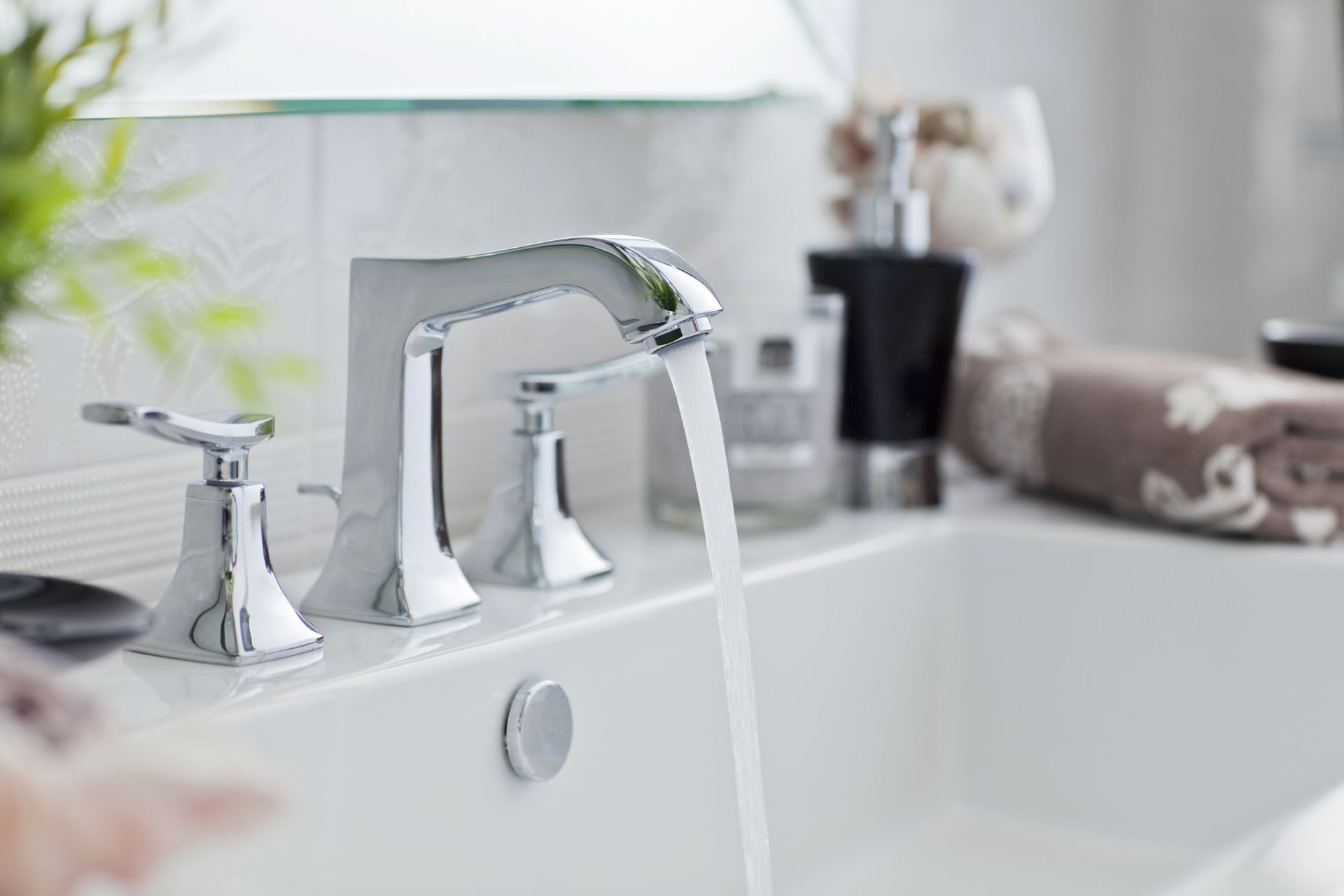
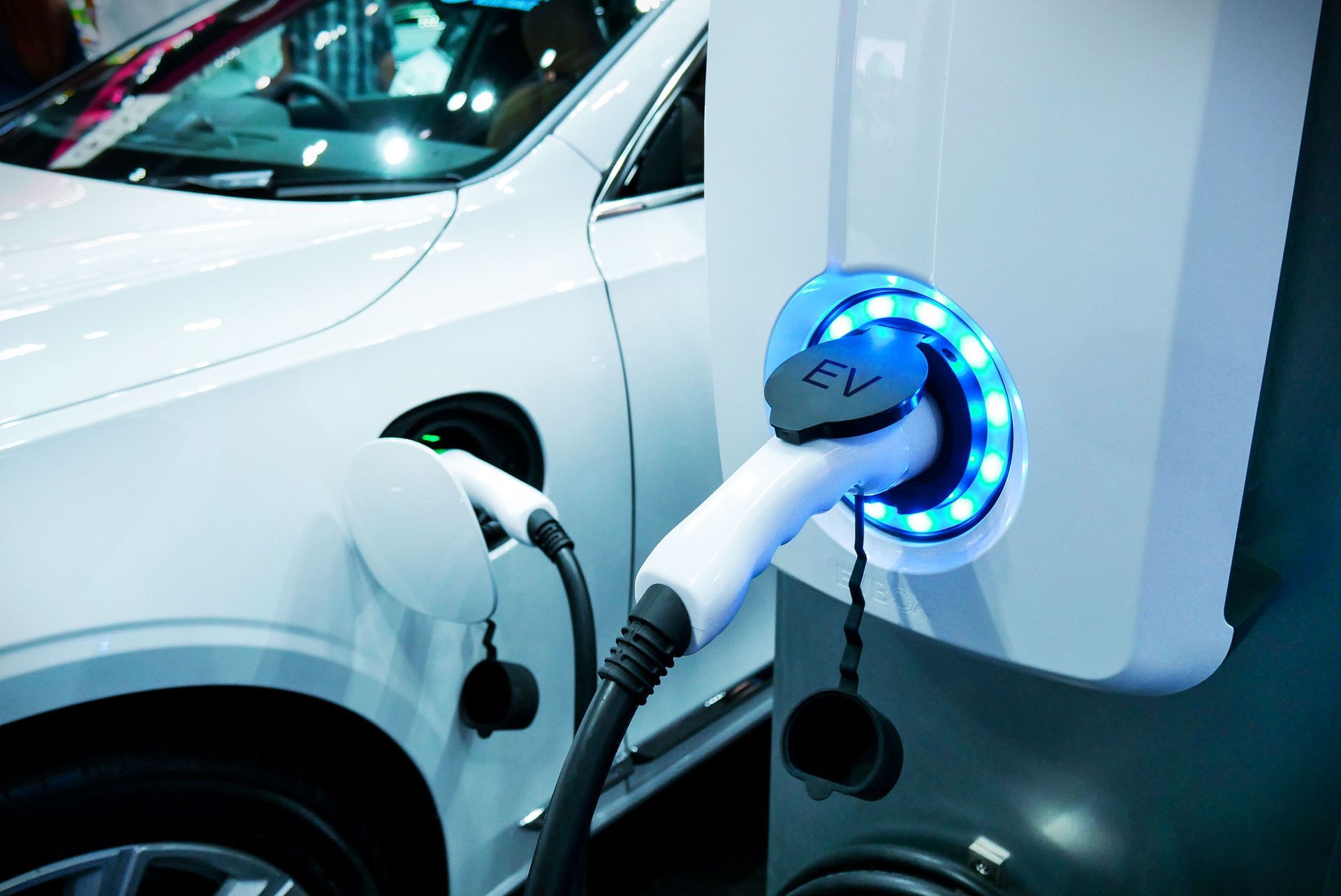
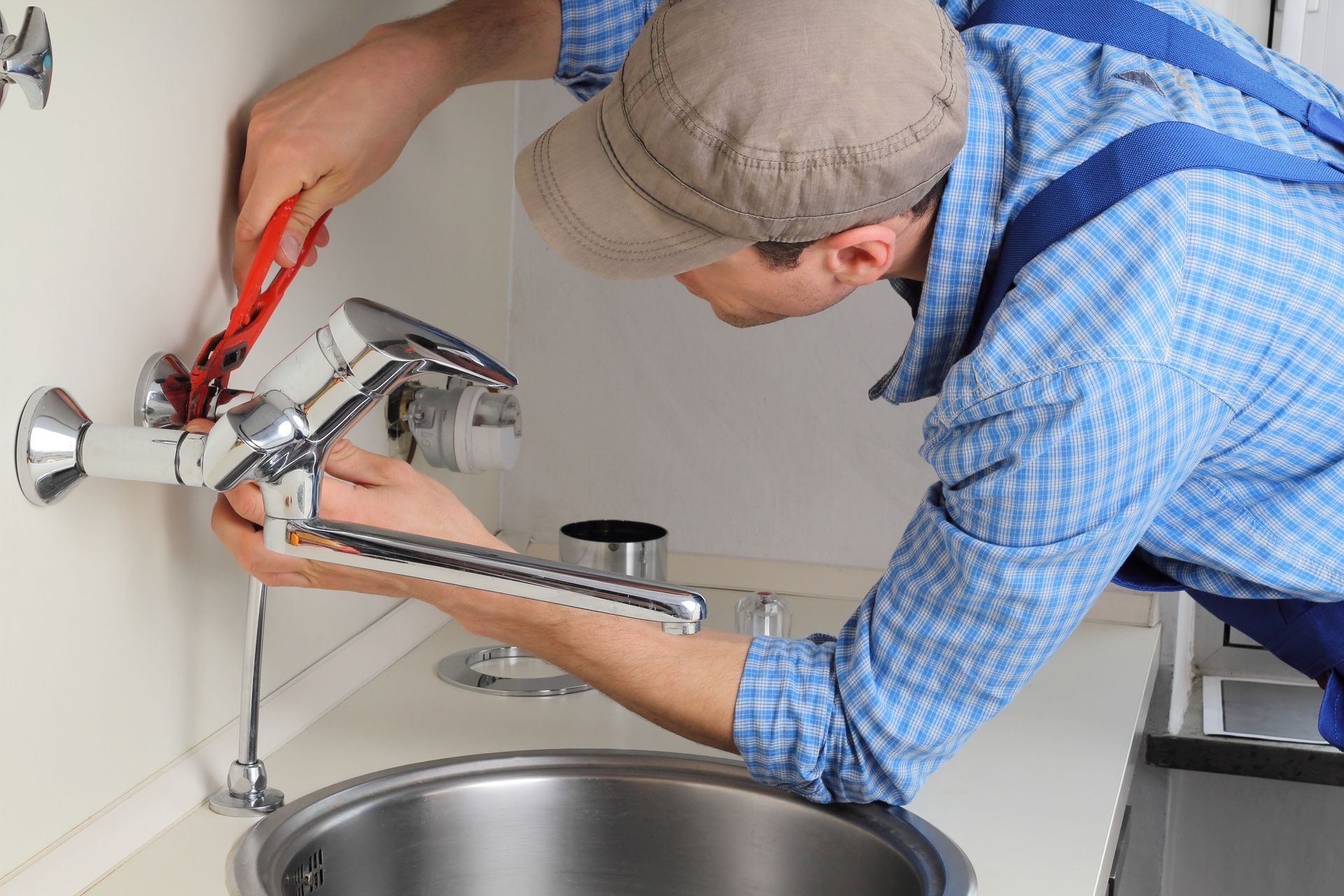
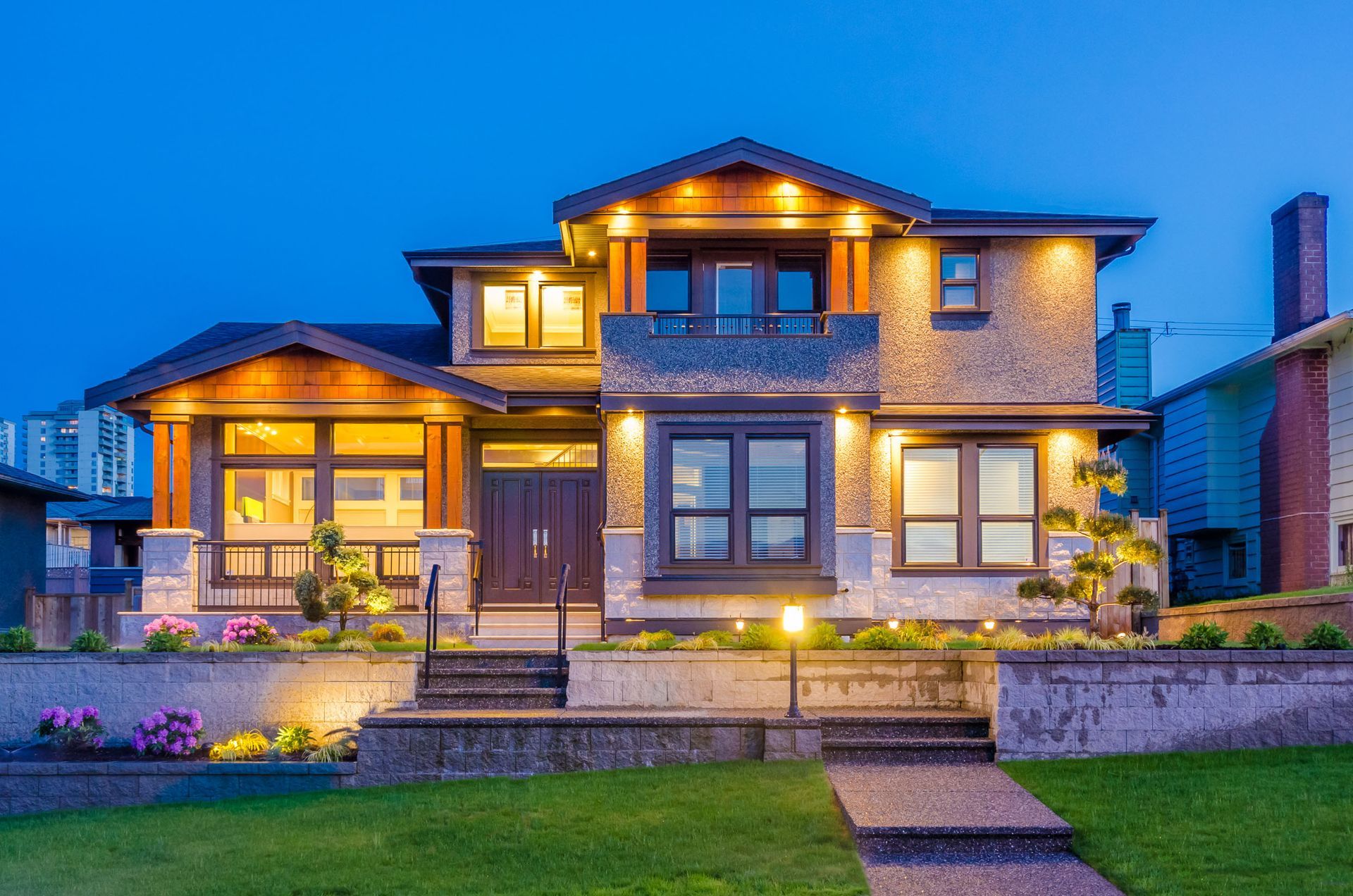
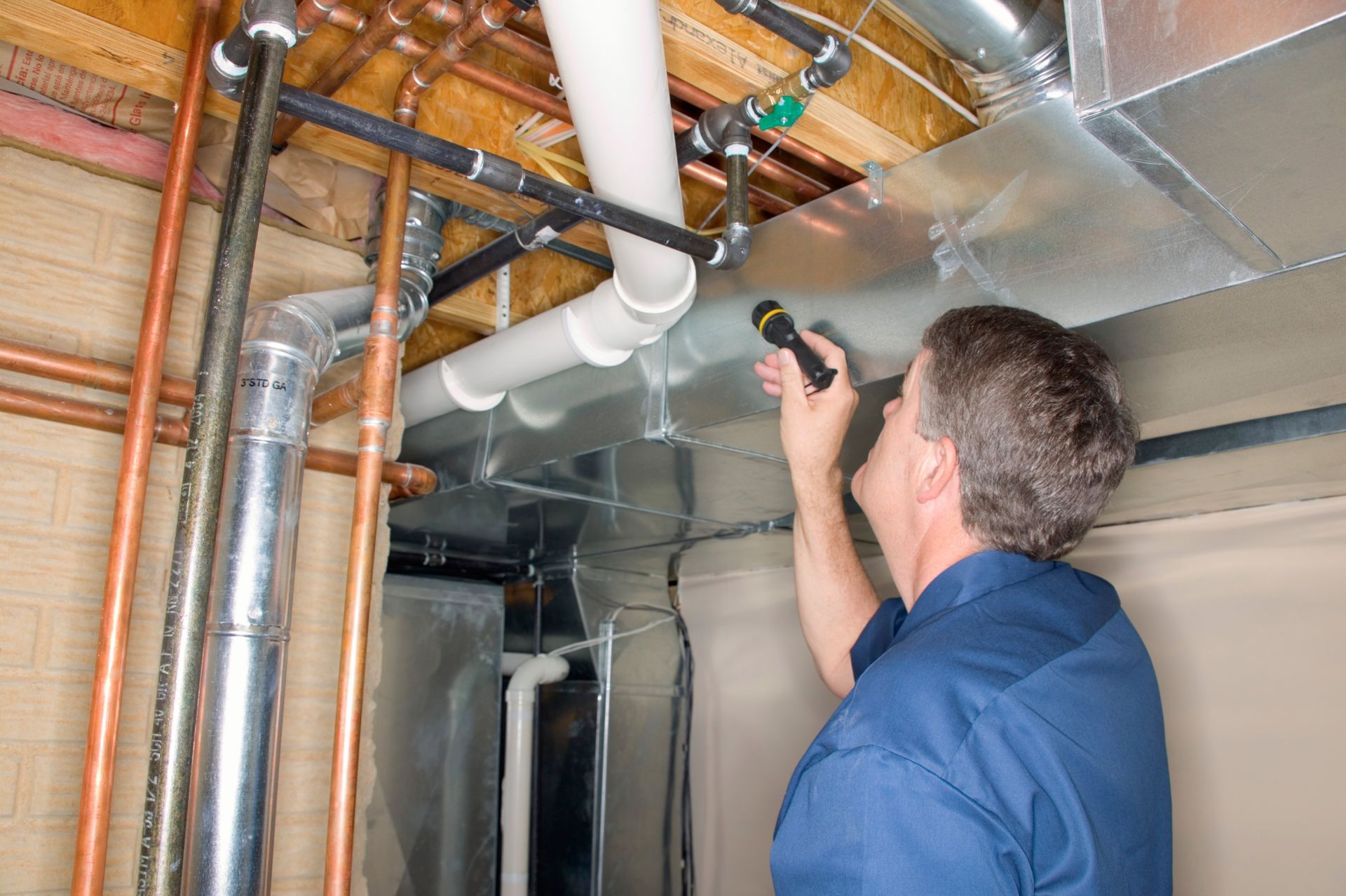
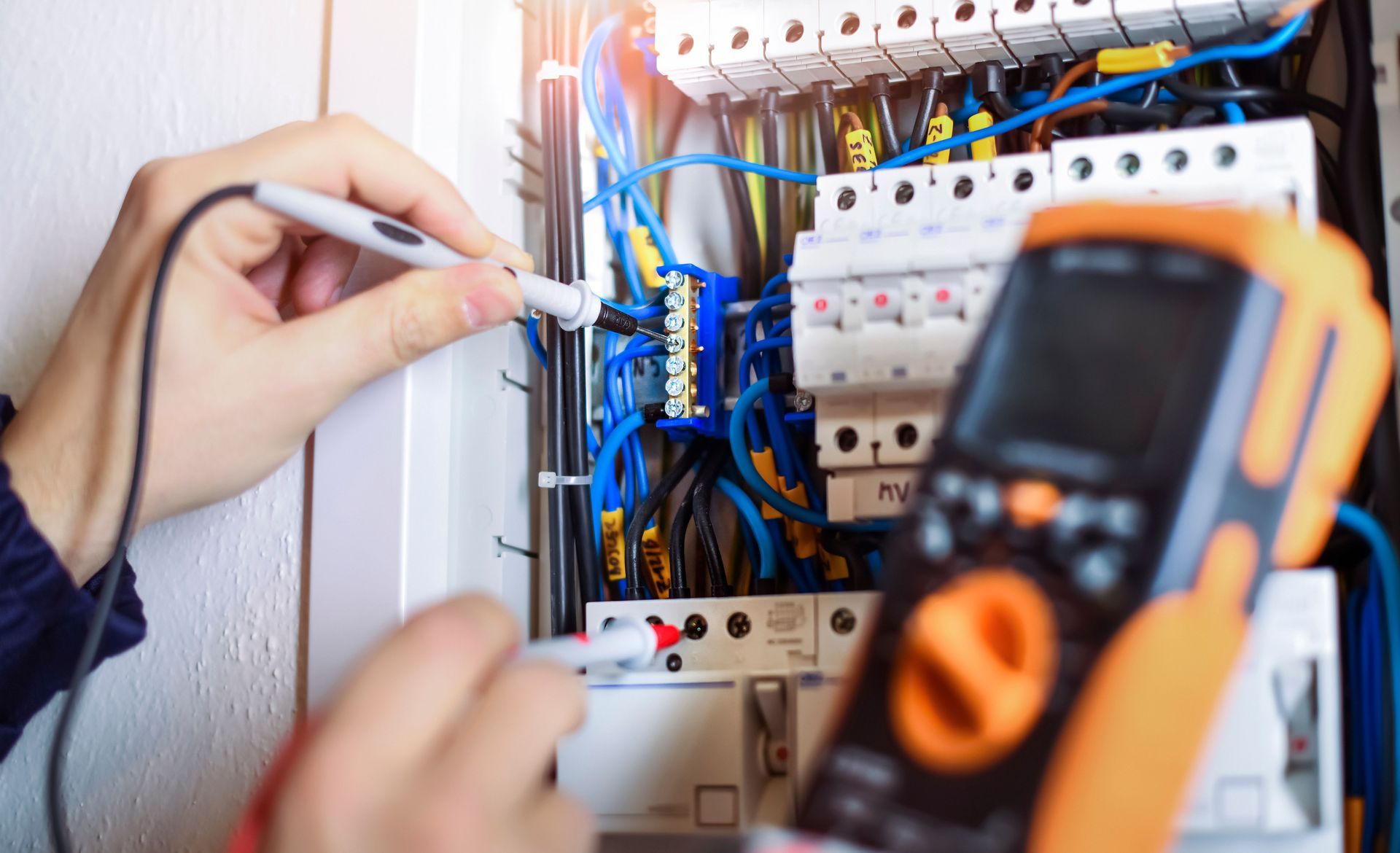
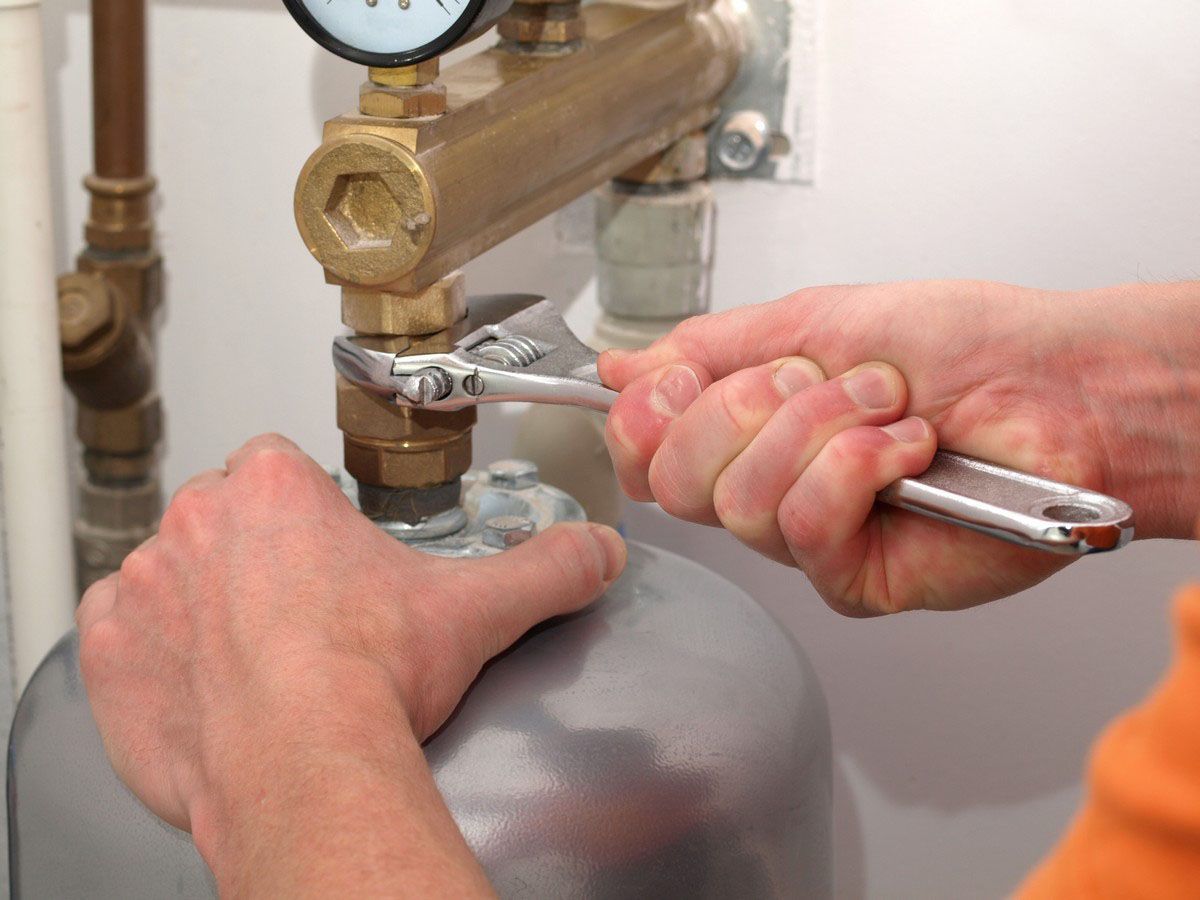
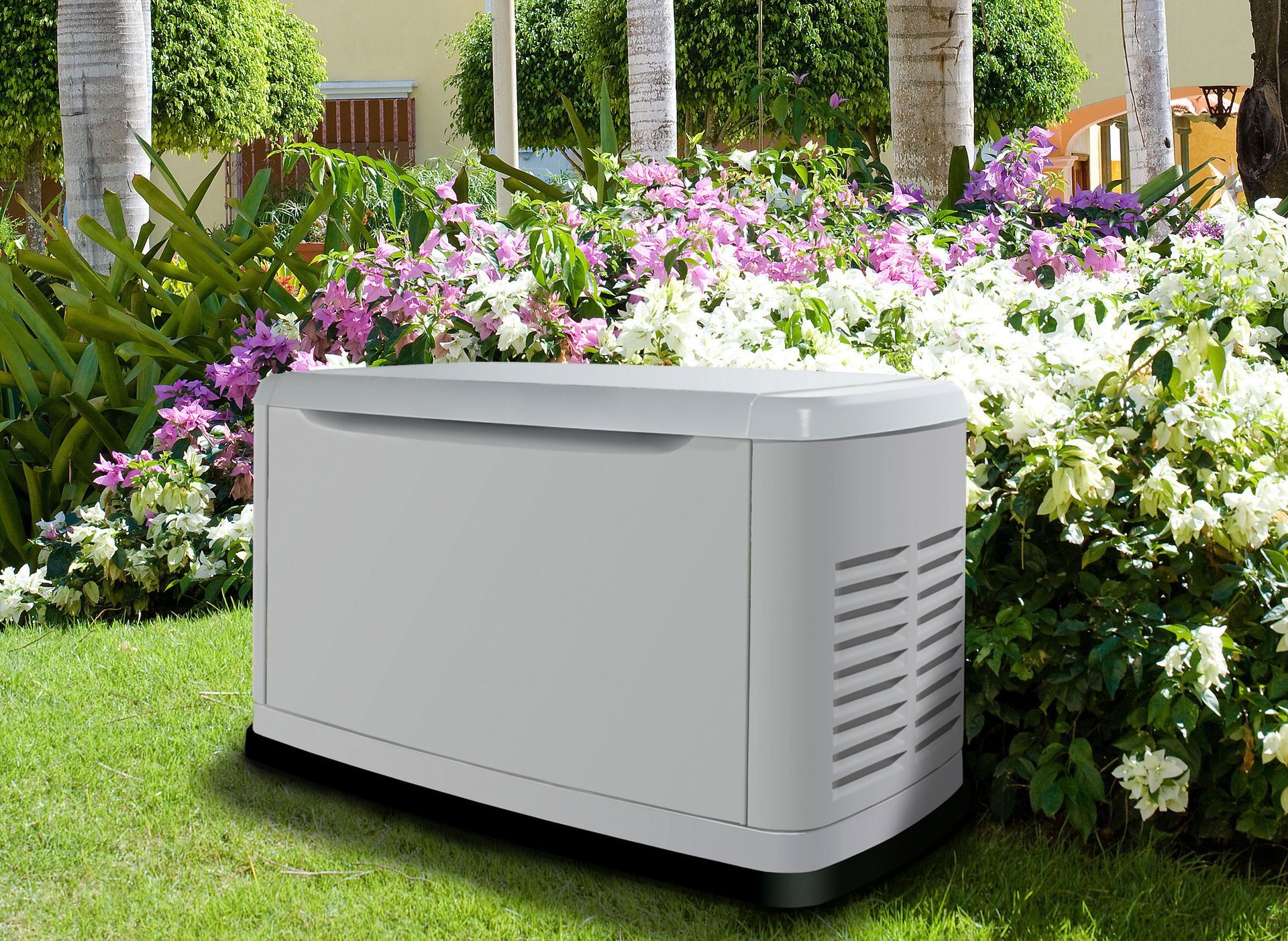
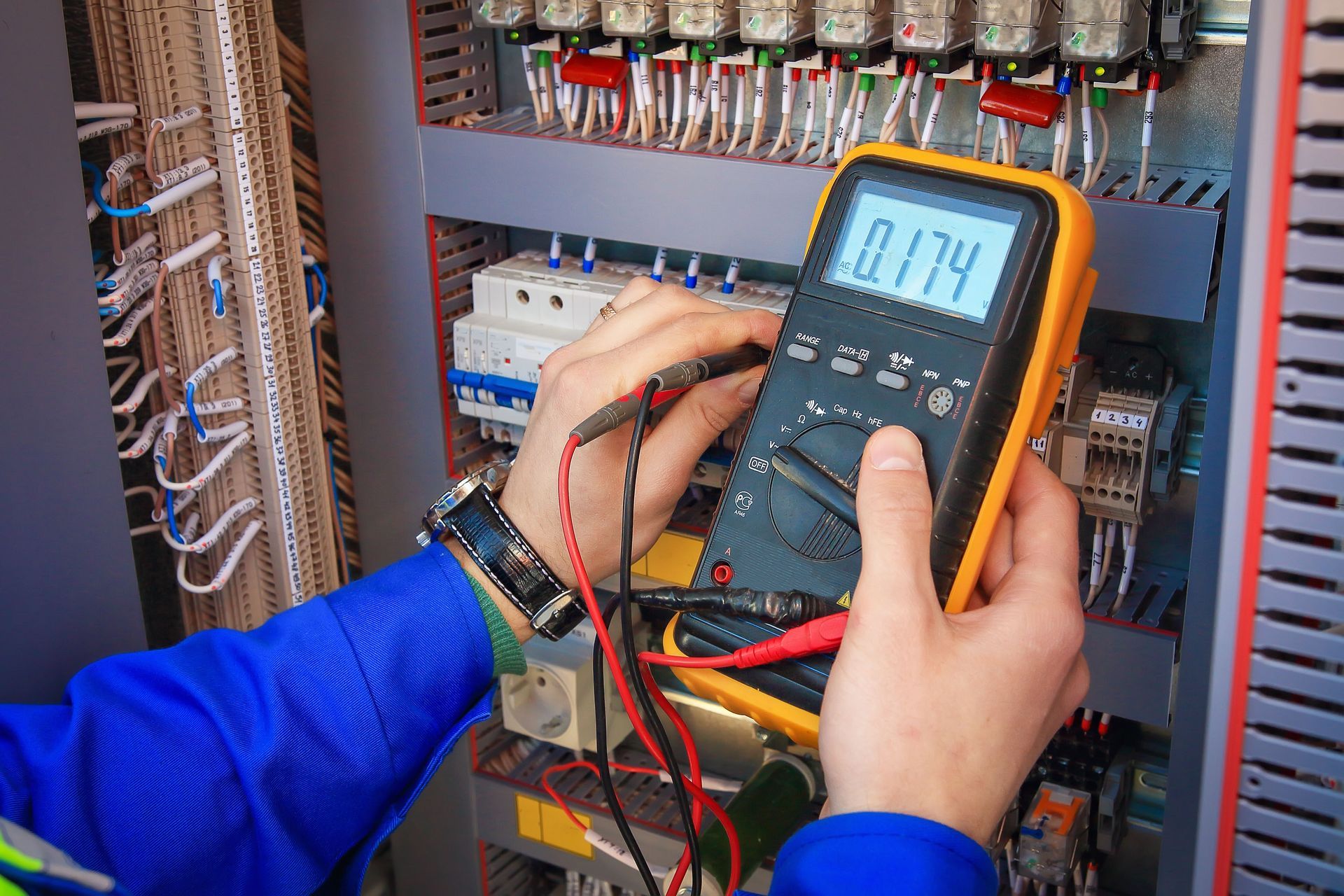
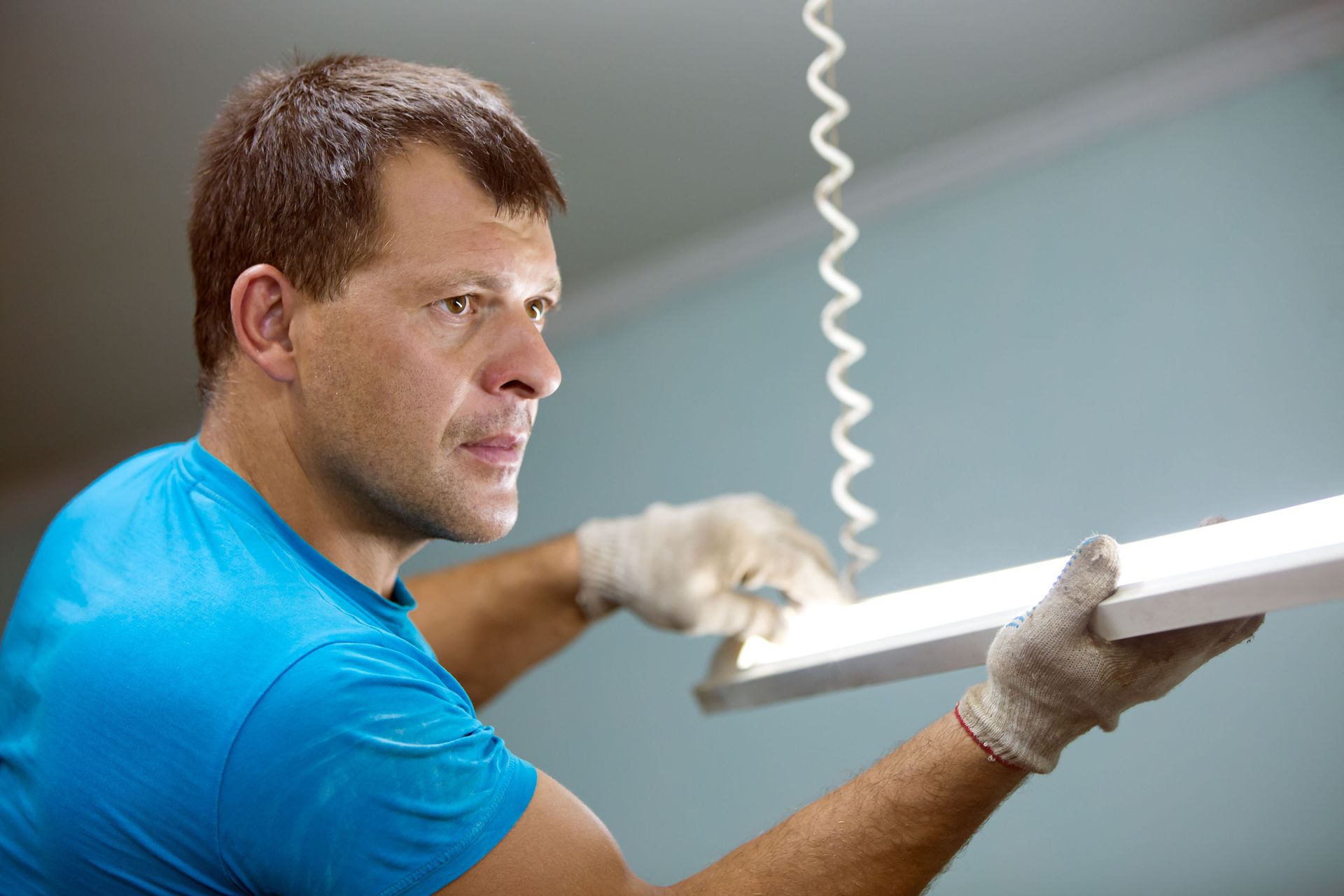
Share On: